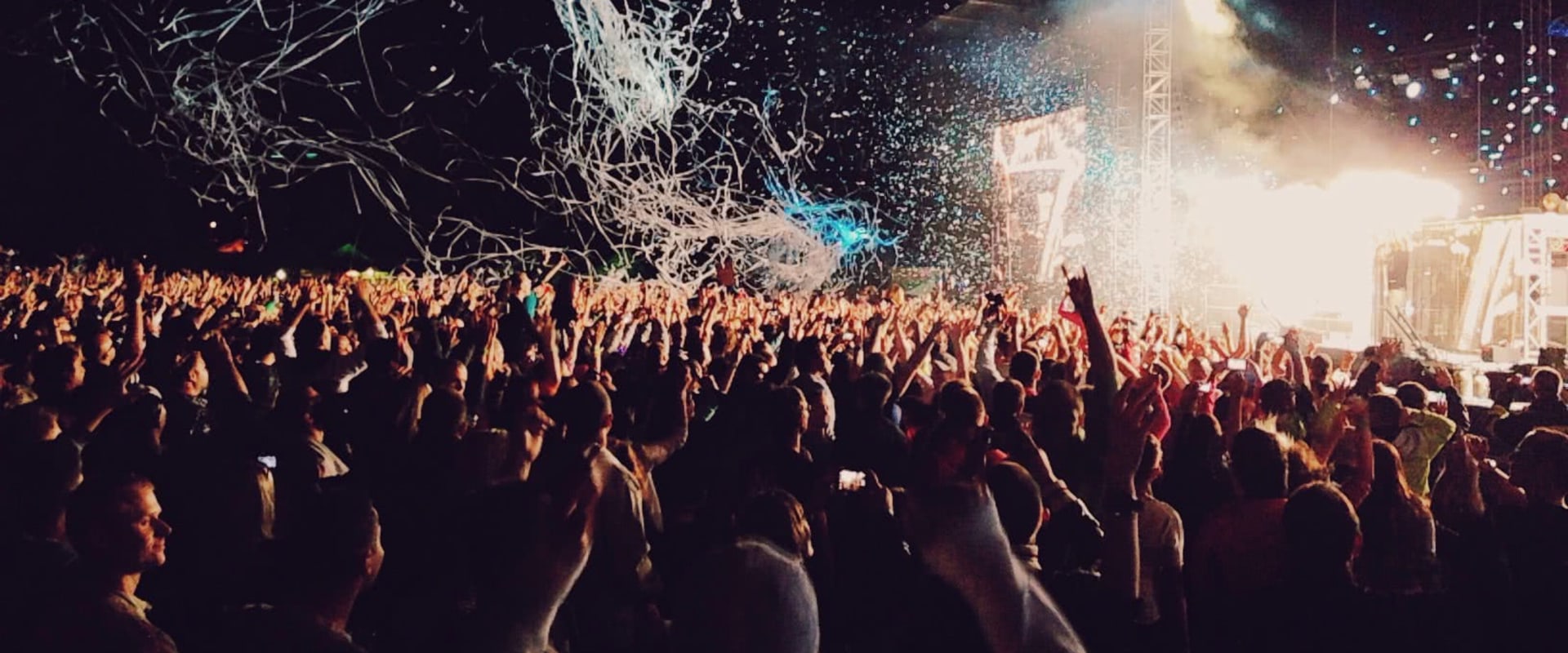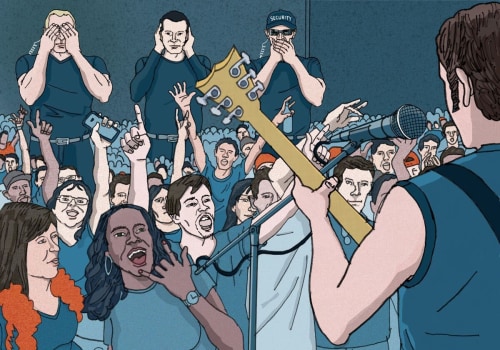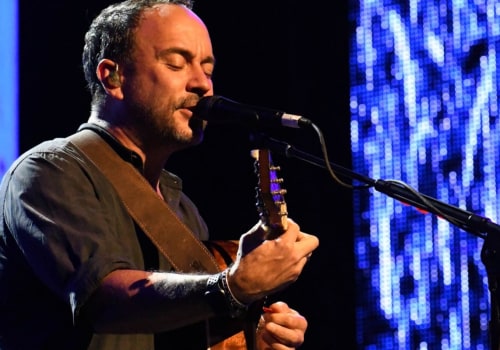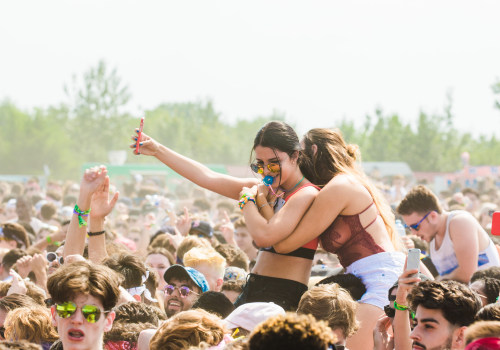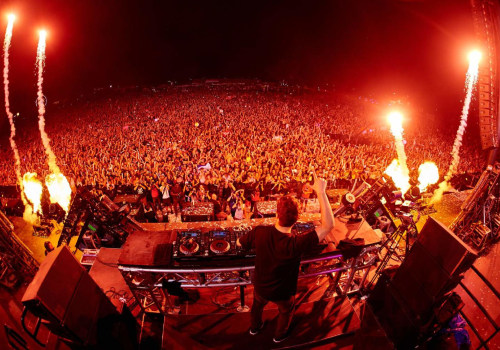Additional revenues come from things like database access, VIP areas, WiFi access, mobile phone charging, and seating areas. Most people believe that music festivals generate a lot of revenue just from ticket sales. And while ticket sales are an important part, it's not the only source of income for these events. Festivals also make money from sponsorships, the sale of products, and the sale of food and beverages.
In fact, these three things tend to generate more money than ticket sales. In April, more than 150,000 music fans flocked to Indio, California. By mid-June, Bonnaroo drew more than 100,000 people to Manchester, Tennessee. Sasquatch took tons of people to a far corner of Washington State for a long weekend.
Every year, more and more festivals seem to pop up, in addition to the dozens of musical events that already exist. For every Lollapalooza, Austin City Limits or Riot Fest, there is a Governor's Ball, which just celebrated its third festival, or the Catalpa Festival, which is in its second year. Stone also noted that, for Bumbershoot, being a non-profit organization “is a philosophy, not a fiscal state. He added: “Economic barriers to entry are real things in the industry today, especially at the biggest festivals.
That's why we keep ticket prices as low as possible. Stone estimates that ticket sales represent about 60% of Bumbershoot's revenues; sponsorship represents 30% and various concessions and vendors account for the rest. However, instead of focusing on profits, the organization focuses on exposing attendees to the arts, which was the mission of the city of Seattle when the festival began. As a city festival, they also focus on local talent.
Among their success stories are Macklemore and Ryan Lewis, who played on the small stages of Bumbershoot for years before going to the main stage last year with the song “Thrift Shop”. The group made history when they became the first duo to have their first two singles at the top of the Billboard Hot 100 charts. The old way of choosing a ticketing company usually involves the owner of the music festival looking for the ticketing company that will give him the most money up front. Bahl, who organizes the annual Four Chords punk and rock music festival in Pittsburgh, says the influence has become a bubble that will soon burst.
Here's another analysis of exactly how much you're going to save for your music festival and other shows throughout the year by simply eliminating and maintaining ticket sales fees. Chirinos says that, thanks to the help of large musical conglomerates, festivals such as Coachella and Bonnaroo have become well-known brands. To make money, music festivals must have a good balance between ticket sales, sponsorship revenues and product sales. You can use PromotiX, a technology platform for music festival events created for you and your company that achieves these results.
Of course, no matter how much money a music festival generates, it will never be profitable if your expenses are too high. Over the past decade, music festivals have become an important source of income in a competitive industry that holds hundreds of events of this type every year in the U.S. UU. Kicker Country Stampede used this technique to create a team of ambassadors and help sell out their 80,000-person music festival.
However, music festivals that have achieved a cultural haven are unlikely to lose relevance in the short term. At the same time, their popularity allows people to point out that they are part of the main cultural moments, since the possibility of attending a music festival (and broadcasting one's own experience on social networks) has become an experience that many want. The origins of music festivals date back to ancient Greece, where these events used to include music, art and sports competitions. For artists, performing at music festivals is an easier way to earn money than relying on record sales or long tours, says Rishi Bahl, a musician and marketing professor at La Roche College in Pittsburgh, Pennsylvania.
Rachel writes for Eventbrite, where she regularly interviews the organizers of the country's most popular events, from massive music festivals to small food and drink meetings with a percentage of 26%. The mechanics that led music festivals to become the top earners has a lot to do with the effects of modern life, Chirinos says. .
